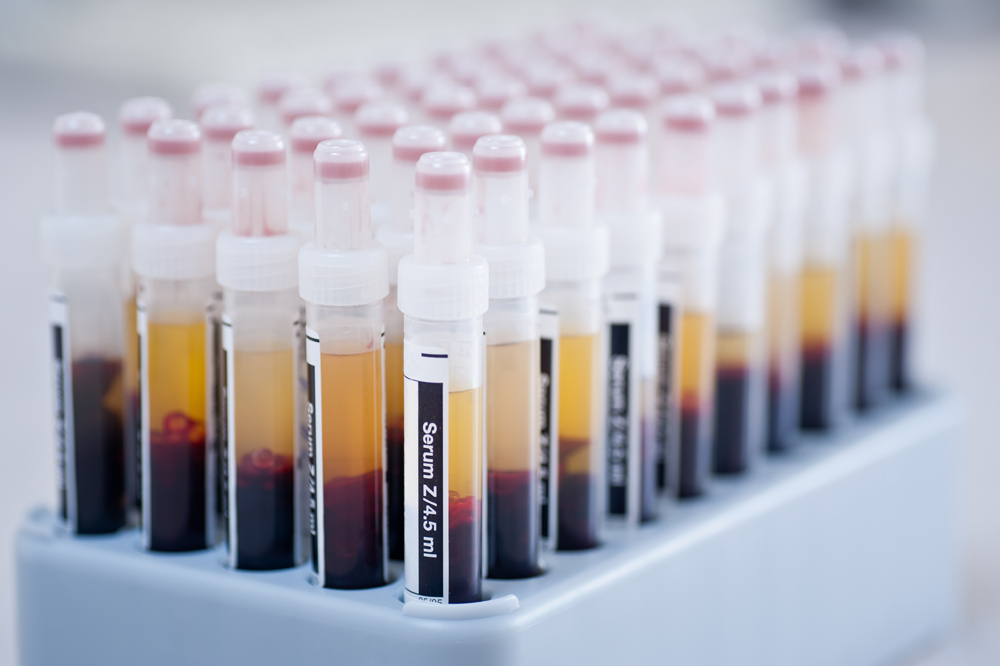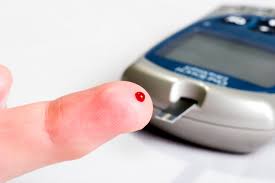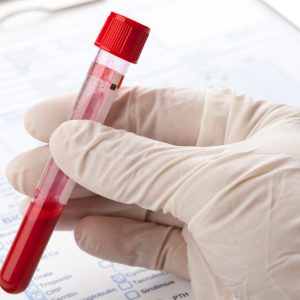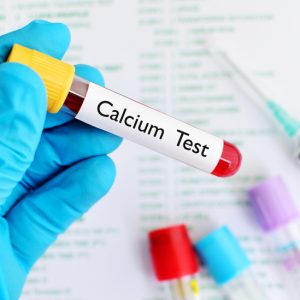You must be logged in to post a review.
Serum Albumin Test
₹1,120.00
Proteins play an extremely critical role in carrying out various functions, one of them is maintaining fluid balance. Albumin, one of the key proteins that keeps the fluids intact in blood vessels preventing their leakage. Albumin acts as a carrier for several nutrients, hormones, and proteins required for blood clotting, and it transports these contents to different cells of the body, thus providing nutrition to the cells. If albumin level in your blood is not below normal, it indicates something wrong with your liver and kidney. With a simple blood test, your doctor can find out your albumin levels and analyse the implications if the levels are not found to be normal.
Reference Values
Reference Value depends on age, gender and medical history.
The normal range for serum albumin is between 3.5 and 5.0 g/dL (grams per deciliter)
Interpretations
Low albumin primarily points out towards a kidney or liver disorder. If the liver is gone bad, it can’t produce albumin as result of liver dysfunction, and further, liver specific tests are needed to vet the findings of plausible liver damage. In case of any kidney, if the blood filtering units of the kidney (nephrons) are structurally and functionally intact, they don’t filter out albumin in urine. But in times when the nephrons are damaged, excess albumin can be filtered-reducing the blood levels, which can be confirmed with kidney specific examination. However, albumin shouldn’t be a specific marker for liver damage, as low albumin levels are detected only in cases of severe liver damage or cirrhosis.
There are several other conditions because of which low albumin levels can be seen which are inflammation, shock, and malnutrition. They can also indicate some disorder of the intestine, where it’s not able to absorb proteins.
A/G Ratio
Normally, the/g (albumin to globulin) ratio exceeds the value of 1. If the ratio is too low or too high, additional testing must be done to determine the cause and diagnosis, and is indicative of several diseases from autoimmune disorders to blood cancers (leukaemia).






Reviews
There are no reviews yet.